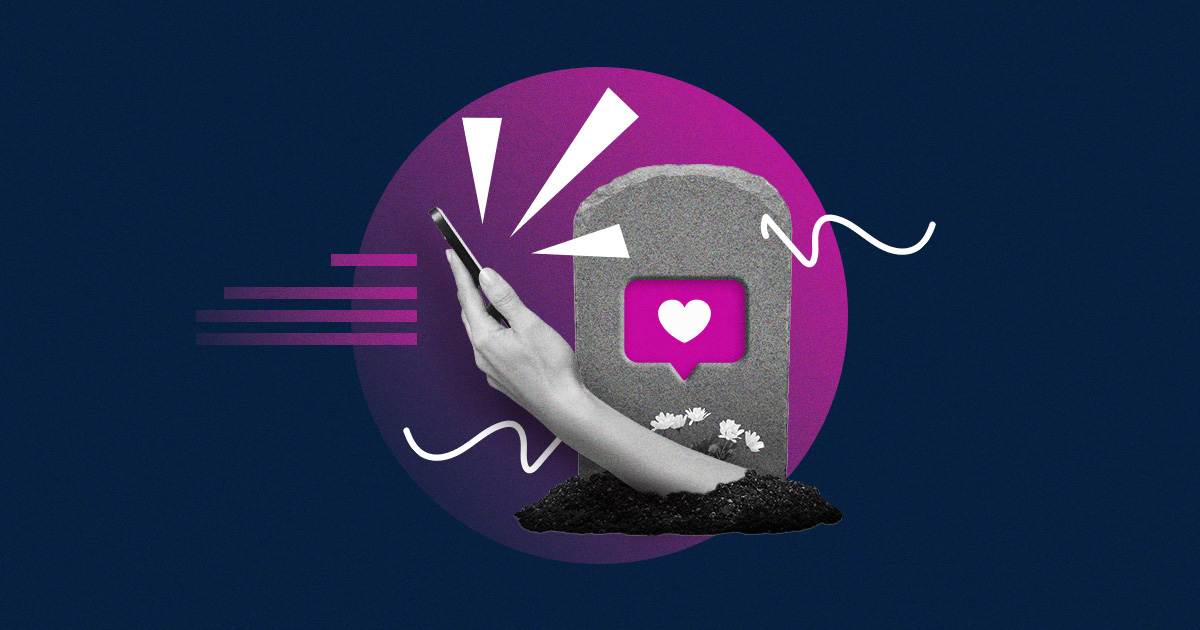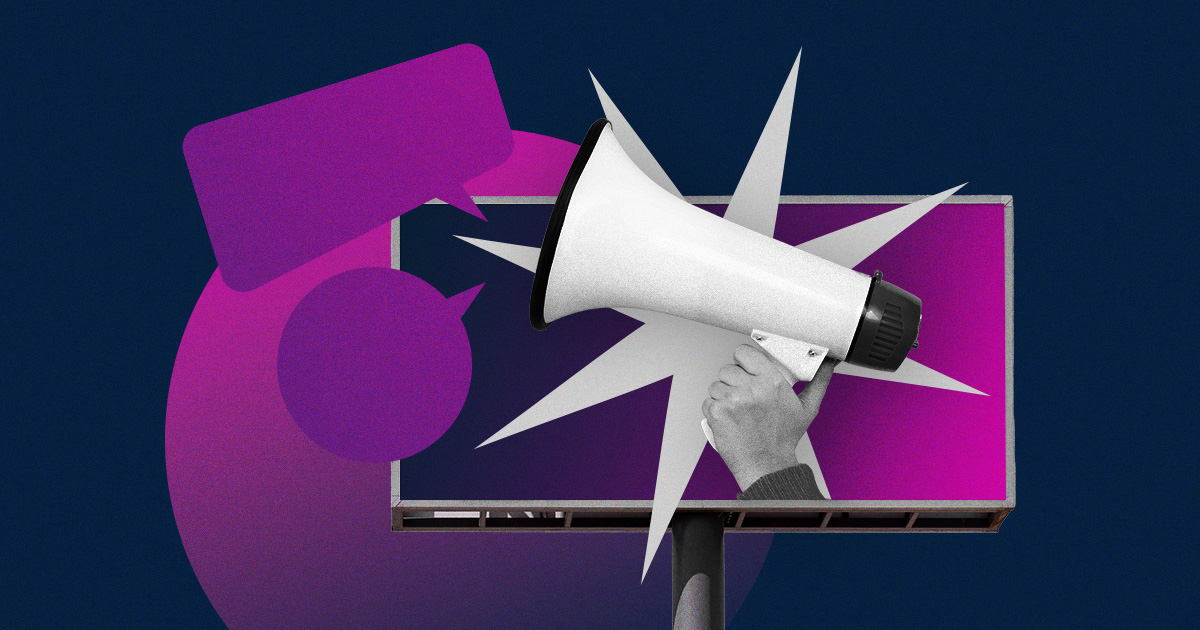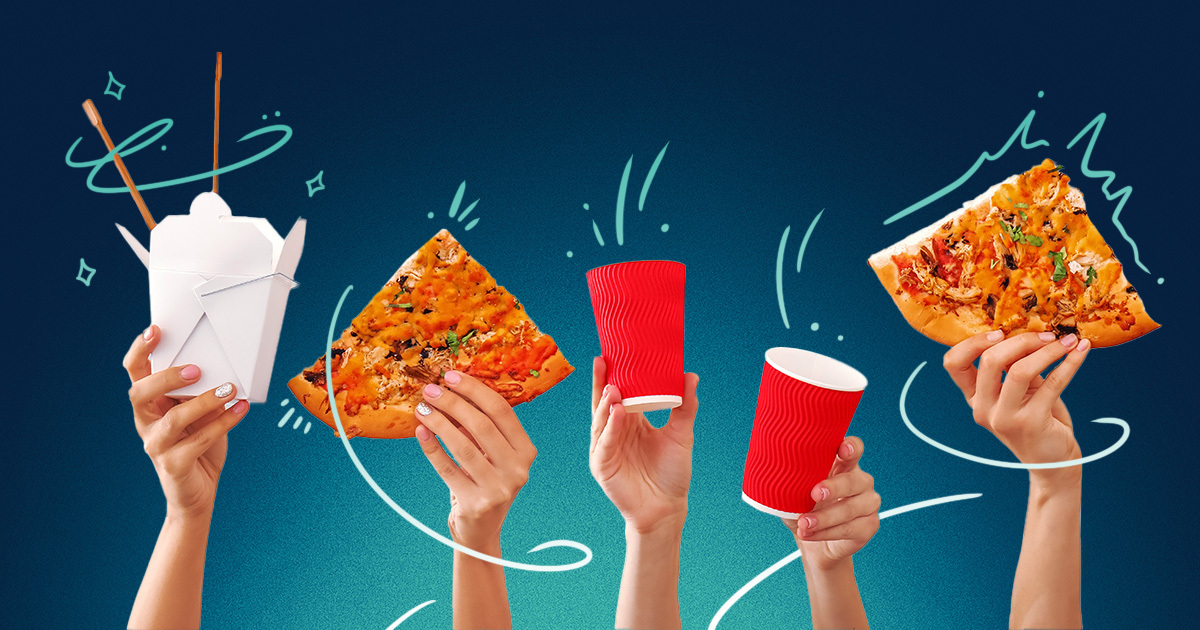
Back in 2020, McDonald’s set a new standard and struck marketing gold via its groundbreaking partnership with rapper, songwriter, and producer Travis Scott on a meal-deal promotion.
It Started with the Golden Arches
While countless other brands have found moderate success, failure, or something in-between with celebrity endorsements over the years, the iconic burger chain created the perfect storm in new-world marketing by landing a right-fit content creator.
 Source: Vulture
Source: Vulture
The promotion’s secret ingredient was authenticity, as Scott proved to be a real-deal brand enthusiast who grew up on McDonald’s, remaining loyal through his ascension to superstardom.
Instead of creating a new menu item around Scott, McDonald’s offered up an affordable meal deal based on the rapper’s go-to order: a Quarter Pounder with cheese, topped with bacon, slivered onions, and shredded lettuce, with a side of BBQ sauce for fry-dipping and a Sprite.
All of this also came with an affordable $6.00 price tag that worked for his fan base.
The campaign was so big that McDonald’s not only began running out of select ingredients for the meal deal but promotional items and displays were ripped off of walls and stolen from several locations as a real-life viral moment was underway.
Even now, a few years after the campaign ended, brand enthusiasts still order the Scott combo à la carte as a way of staying connected to the musical icon that helped blow this marketing effort out of the water.
More Brands Started to Bite
As we often see, when a campaign goes gangbusters, it can result in a copycat effect, as there’s no need to invest in reinventing a process where someone else has already laid out the perfect blueprint.
Burger King attempted to mimic McDonald’s efforts when it partnered with three entertainers—including rapper, songwriter, and producer Nelly—for its “Keep It Real” meals, which celebrated the fast food giant’s removal of 120 artificial ingredients from its menu items.
 Source: Medium
Source: Medium
The campaign was somewhat successful but proved to be nowhere near the culturally relevant and transcending movement McDonald’s had with Travis Scott. Burger King’s initiative was more focused on the brand’s ingredient-driven efforts, as opposed to its ambassador’s authentic love for the brand and product offerings.
In recent months, we’ve seen nods to authentic brand ambassadors partnering with fast food chains with personal connections and real-deal ties: first, Jack In The Box teamed up with cultural icon Snoop Dogg to create a late-night “Munchies Meal”—which included a spicy-sauced and loaded chicken sandwich, a bonus crunchy taco, curly fries, a baked brownie, and a soft drink of choice.
 Source: Little Black Book
Source: Little Black Book
The Papa John’s team has also thrown its hat in the pizza race by aligning with DJ Khaled, allowing the rapper and producer to create his own menu concoction: the Cool Ranch Papadia, a flatbread-style sandwich featuring a crust coated in the proprietary Doritos seasoning and loaded with beef, chicken, or steak, with a side of Cool Ranch dipping sauce.
 Source: PMQ
Source: PMQ
No strangers to the celebrity endorser, Papa John’s has aligned with both Shaquille O’Neal and Peyton Manning in the past. At one point, Manning owned roughly $3 billion in the pizza chain’s stock and several franchises after the brand pivoted away from founder John Schnatter back in 2017 amidst controversy.
O’Neal famously wouldn’t eat non-Papa John’s brand pizza at an NBA event back in February, and stories about Manning bringing dozens of Papa John’s pies to a Denver Broncos practice in 2015 also went viral.
Served Hot with a Side of Authenticity
When looking at each of these case studies, there is a common thread, and it starts with finding out who your authentic brand fans are. This is especially true when it comes to A-list celebrities and content creators with big followings, as well-picked, ideal-fit ambassadors can be game-changing.
Of course, not every brand has the budget, bandwidth, and ability to put together these kinds of next-level promotions. There are only so many companies with deep enough pockets to align with these massive global icons.
Whether you’re going big or trying to make a marketing splash on a budget, there is a common denominator with either type of campaign: authenticity. It’s better to have a smaller name that is unabashedly and completely on board with your product, brand, service, and mission than a massive celebrity clearly and painfully just going through the motions. The old rule of thumb was for brands to simply match their demographic with a celebrity’s, but that’s not enough anymore. The days of putting a big-named celebrity on a product or service they don’t assuredly use doesn’t fly in an era where authenticity is everything. It’s all about integration and how the endorser has confidently used the product or service in the past.
Authentic brand fans are now everything, especially in the case of celebrities and content creators, as well-picked ambassadors are the missing piece for one’s brand story.
That really is the biggest takeaway here: to not brand yourself but to be yourself.
The McDonald’s team absolutely understood who they were in their brand story, as well as what role Travis Scott played in the storytelling. The result was a can’t-miss collaboration and campaign that resonated with the masses as a direct result of going all-in on that decision.
Another obvious fit is the content creator’s own product, which has been integrated into their brand narrative. We’re seeing this in real-time with Jake Paul’s new PRIME energy drink or Mr. Beast releasing his own snacks, apparel, and accessories lines—both content creators with massive platforms to support their entrepreneurial endeavors.
Further proof the secret sauce of the present-day is a focus on fandom—as well as cultural relevancy—and how brands are tapping into this phenomenon. Aligning with global cultural icons and the authentic spirit they bring to a brand as fans themselves is paramount.
Go find your brand fans—the biggest, most likable, most authentic A-list content creators available. Build around them, and you just might catch lightning in a bottle like McDonald’s did with the industry “it” campaign of 2020.
As more Gen Zers grow into their buying power, brands focused on authenticity will continue to come out on top. Learn more about authenticity and personalization in paid media for Gen Z here.




